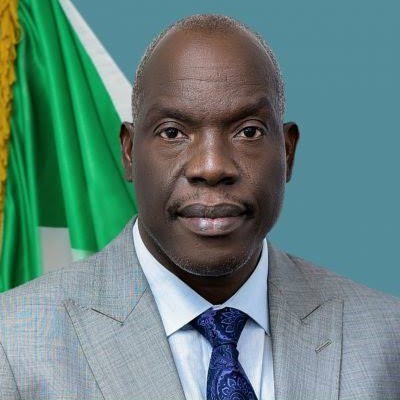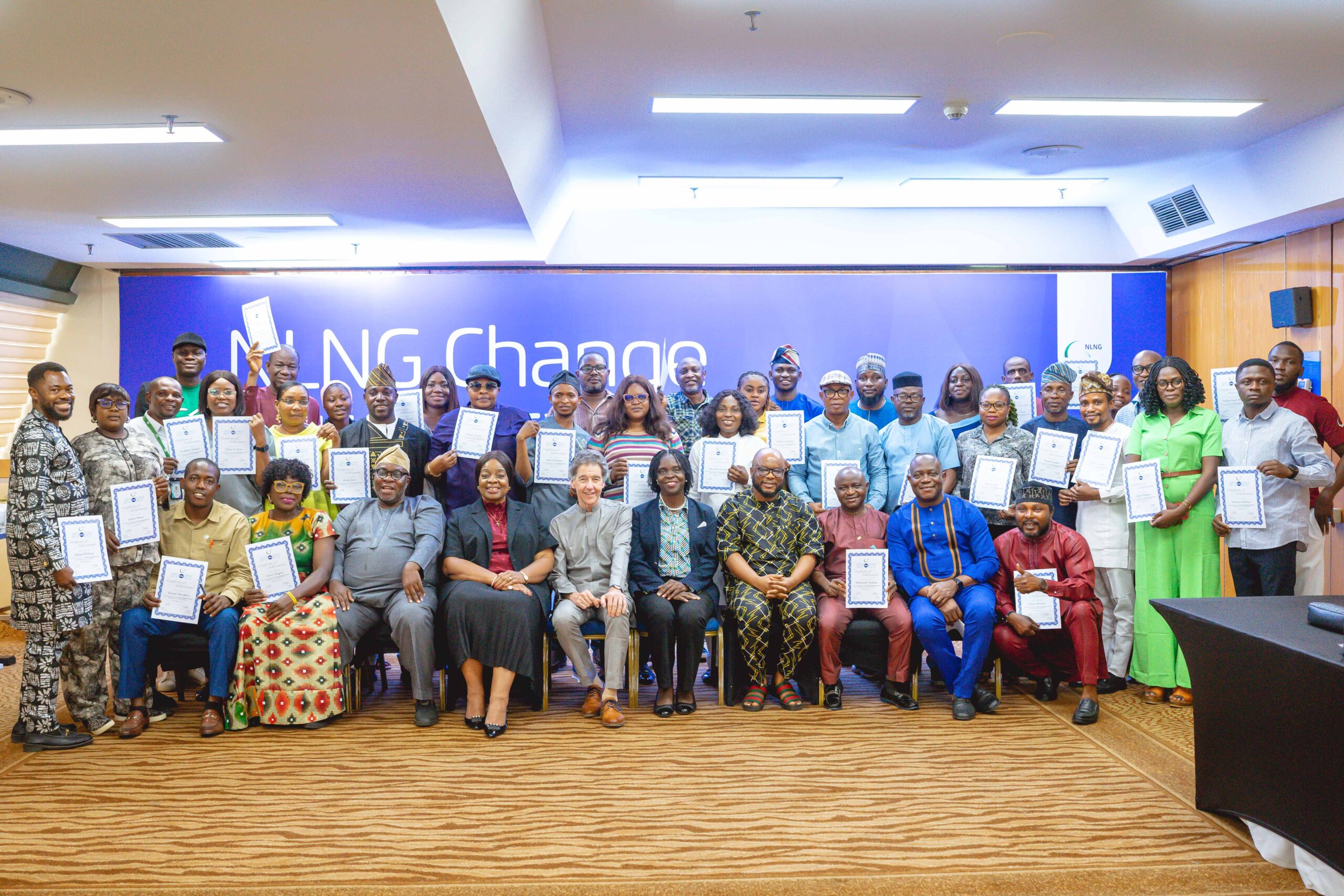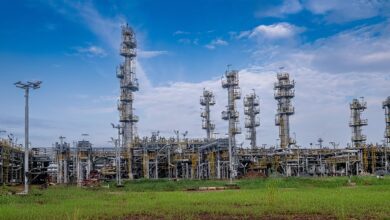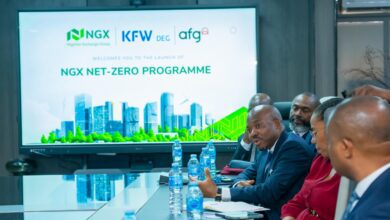NUPRC Develops Framework To Guide Assets Divestments In Nigeria

By Sunday Etuka, Abuja
The Nigeria Upstream Petroleum Regulatory Commission (NUPRC) has developed a framework that would guide assets divestments process in the nation’s oil and gas industry.
Commission Chief Executive (CCE), NUPRC, Engr. Gbenga Komolafe disclosed this at the NUPRC-Shell Petroleum Development Company (SPDC) divestment workshop on Monday in Abuja.
Engr. Komolafe noted that the framework which was developed around seven cardinal pillars would guide divestment of SPDC and other similar divestments in the country.
The Shell assets have an estimated reserves of 4.96 billion barrels of oil, 1.77 billion barrels condensate reserves, 28.16 trillion cubic feet of associated gas and 28.11 trillion cubic feet of non-associated gas.
The NUPRC boss said, “to date, the assets have achieved a cumulative production of 5.35 billion barrels of crude oil, 165. 57 million barrels of condensate, 9.51 trillion cubic feet of associated gas and 3.75 trillion cubic feet of non-associated gas.
“These contribute to the achievement of Nigeria’s crude and condensate output.
“The assets being considered have an estimated total reserve of 4.96 billion barrels of oil, 1.77 billion barrels of condensate, 28.16 trillion cubic feet of associated gas and 28.11 trillion cubic feet of non-associated gas.
“This makes a significant contribution to the nation’s hydrocarbon resources.
“Additionally, these assets hold P3 reserves estimated at 2.85 billion barrels of oil, 850.85 million barrels of condensate, 11.3 trillion cubic feet of associated gas and 12.26 trillion cubic feet of Non-Associated Gas,” he said.
Komolafe listed the cardinal pillars to include technical capacity, financial, legal, Decommissioning and Abandonment (D&A), Host Community Trust / Environmental Remediation Fund, Industrial Relations and Labour Issues and Data Repatriation.
According to him, the due diligence worship was intended to help the commission identify a successor who will not only possess the requisite financial resources but also would demonstrate technical expertise to responsibly manage the assets throughout their lifecycle.
The CCE who reiterated the Commission’s commitment to free entry, free exit business principle aimed at encouraging investors in the sector, said, the successor entity must demonstrate verifiable capacity to operate the assets.
He assured that the NUPRC would assess the prospective successor’s technical capacity, and financial viability to undertake a defined programme and fulfil required obligations on the assets.
Komolafe said, “applicable Decommissioning and Abandonment costs must be diligently assessed and ensure settlement of outstanding obligations. Commission will ensure that potential exposure of the Nigerian government to decommissioning liabilities is averted.
“The Commission shall assess the status of Host Community Trust Fund obligations and ensure the robustness of the successor entity’s adherence to decarbonisation plans and sound Environmental Social &
Governance (ESG) principles.
“The Commission shall Implement a robust assessment mechanism to avert undesirable labour union issues and disharmony arising from the divestment process.
“Concerned parties shall endorse a “Certificate of Settlement” to validate alignments reached on all labour issues (staff welfare, benefits, entitlements as well as disengagement, redundancies, retirement etc.).
“The aim is to ensure the nation averts socioeconomic disruptions arising from failure to resolve labour issues that might result because of post-divestment,” he said.






